A recent and unusual case has emerged involving a player of *Elden Ring* who is taking legal action against Bandai Namco and FromSoftware. The lawsuit, filed in small claims court, alleges that the companies engaged in misleading consumer practices by concealing significant portions of game content behind extreme difficulty. This article dives into the details of the claim, its legal viability, and what it could mean for the gaming industry moving forward.
Elden Ring Player Files Lawsuit in Small Claims Court
Content Hidden by "Skill Issue"
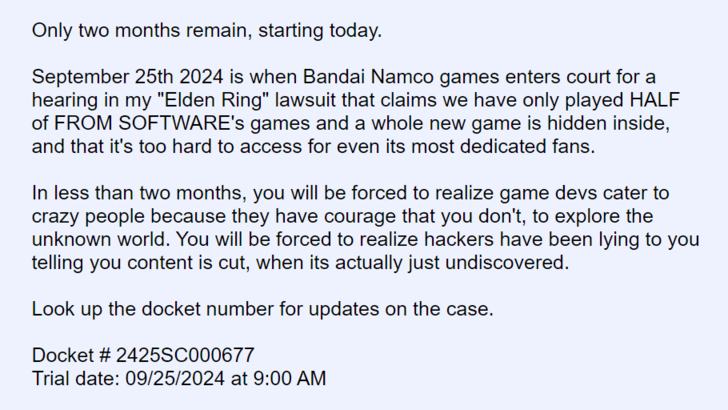
The plaintiff, known online as Nora Kisaragi on 4Chan, announced plans to sue Bandai Namco and FromSoftware over what they describe as intentionally hidden content within *Elden Ring* and other titles from FromSoftware. According to the complaint, these games feature a “whole new game… hidden inside,” which remains inaccessible due to the notoriously high difficulty of the titles. The plaintiff argues that players are being misled into purchasing an incomplete experience.
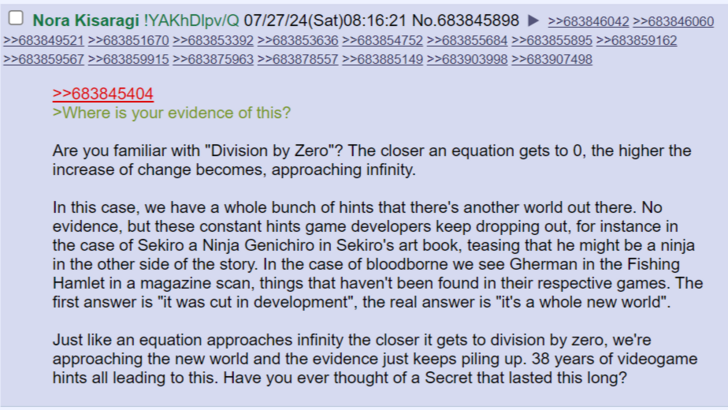
While FromSoftware’s games have long been praised for their challenging but rewarding gameplay, the plaintiff suggests that this difficulty serves as a deliberate barrier to obscure additional content that should be available to paying customers. They point to datamined material found in previous titles like *Sekiro* and *Bloodborne*, claiming such content was not simply cut during development, but rather purposefully hidden.
Kisaragi admits to lacking concrete evidence supporting the existence of this hidden dimension. Instead, they cite indirect references—such as art books and developer comments—as justification for their belief. For example, they mention Genichiro’s alternate design in *Sekiro* and a quote from Hidetaka Miyazaki about humanity’s role in *Bloodborne*. To them, these are clues pointing to a larger, concealed narrative or gameplay layer.
In essence, the plaintiff's argument rests on the idea that consumers have paid for content they cannot access without even being aware of its existence.
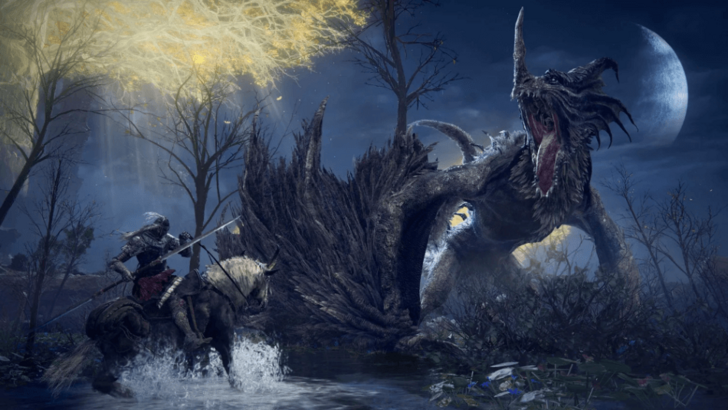
Many gamers and analysts find the claim far-fetched. If there were truly another layer of content embedded in FromSoftware’s games, it would likely have been uncovered by dataminers years ago. It's also common practice in game development to leave remnants of unused or cut content in the final product—this doesn’t necessarily imply intentional concealment.
Can the Lawsuit Hold Up in Court?
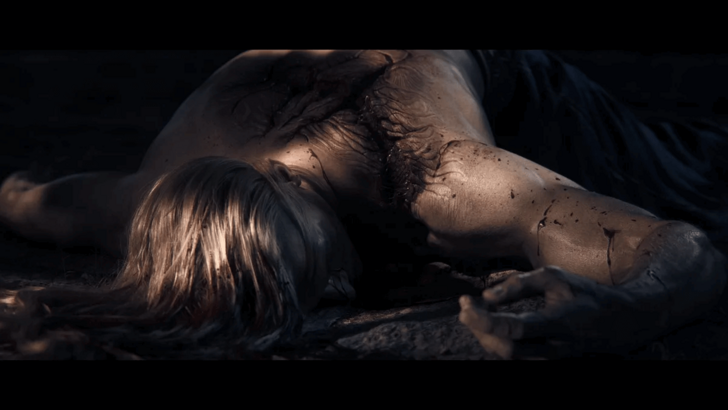
According to Massachusetts state law, where the suit was filed, any individual aged 18 or older can file a claim in small claims court without needing legal representation. While the court allows for such informal proceedings, the judge will ultimately decide whether the case has enough merit to proceed.
The plaintiff may attempt to frame the issue under **Consumer Protection Law**, which prohibits “unfair or deceptive practices.” Specifically, they could argue that developers failed to disclose relevant information about the product, thereby misleading buyers. However, proving deception and actual harm to consumers will be a major hurdle.
Without verifiable proof of deliberately hidden content, the case appears speculative at best. Courts typically require substantial evidence to support allegations, especially in matters involving creative works like video games. Without that, the claim is unlikely to survive judicial scrutiny and may be dismissed outright.
Even if the plaintiff were to win, damages awarded in small claims court are limited. However, Kisaragi seems less concerned with financial compensation and more focused on drawing public attention to their theory. As stated in the original 4Chan post: “I don’t care if the case is dismissed, just so long as I get Namco Bandai on public record saying the dimension exists. That’s all I care about.”
 Home
Home  Navigation
Navigation






 Latest Articles
Latest Articles







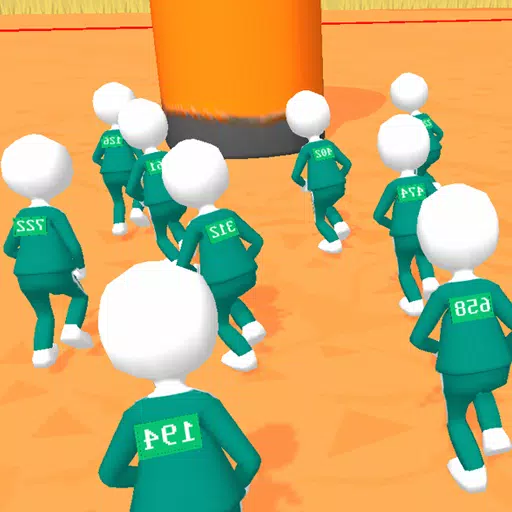


 Latest Games
Latest Games












